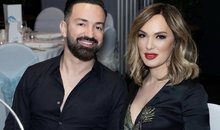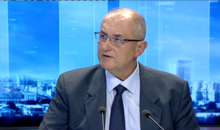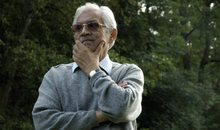
 Flash News
Flash News
Shuhet në moshën 86-vjeçare regjisori i njohur Piro Milkani
Poisoning of children in Gramsh, health authorities react after the publication of the case
SPAK conducts inspections at Tirana Municipality, 5 phones seized
4 days after the intervention at a dental clinic in Tirana, a 63-year-old Italian man dies in hospital
Igli Tare officially appointed as Milan's new Sporting Director
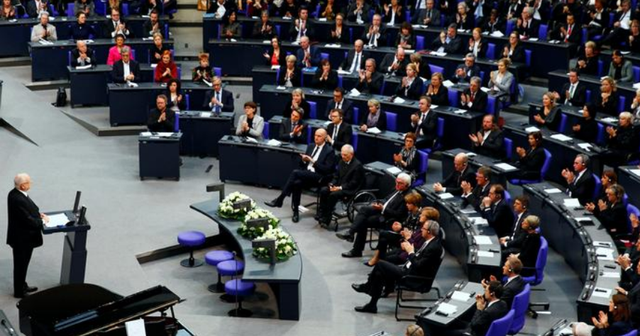
The crimes of Nazism have been commemorated in the Bundestag every year since 1996. In their speeches, Holocaust survivors or heads of state invited to the German parliament also talk about the current dangers.
"Genocide" - is this term appropriate to describe the systematic extermination of six million Jews during World War II (1939-1945)? Definitely not. In Israel the greatest crime against humanity is called "Shoah" and means "catastrophe" or "great calamity". Outside the state of Israel, which was founded in 1948, is called the "Holocaust". This term is derived from the Greek and means "completely burned".
The attempt by the Germans to sum up this term of civilization always remains a challenge. This is also reflected in the official name of the "Day of Remembrance for the Victims of National Socialism" introduced in 1996 by the then Federal President, Roman Herzog. January 27 is the day of commemoration of the liberation of the Nazi extermination camp Auschwitz by Soviet soldiers.
Two years after the first speech of then-German President Roman Herzog, Israeli historian Yehuda Bauer, born in Prague in 1926, was to deliver a speech at the German Bundestag in Berlin. He recalled the genocides in Rwanda (1994), Cambodia (1975-79) and Armenia (1915/16). All of these genocides took place in certain territories, even though they were large territories, said the Holocaust researcher. While "the killing of Jews was universal, spread all over the world." And it can be repeated - certainly not in the same form, but probably very similar, he added.
In 2000, an Auschwitz survivor spoke for the first time in the Bundestag: Elie Wiesel. We hope you believe what "I say without hatred and bitterness," said the Romanian-born American writer. "Will my words hurt you?" Asked Wiesel. That is not his goal, he added. "How should one understand the cult of hatred and death that has gripped your country?" He does not believe in collective guilt, he tells his audience, mostly German, in the place of the authors - and at the same time warns of the danger of drawing a line. "Whoever allows himself to obscure the memory of the victims kills them a second time."
When, in 2002, Holocaust survivor and former Polish Foreign Minister Bronislaw Geremek spoke on the day of commemoration of the victims of National Socialism, a few months ago the world was shocked by the Islamic terrorist attacks of September 11, 2001 in the US. Contemporary history has not closed the "chapter of hatred," Geremek said at the time, calling for "joint international action." He drew a parallel line between the Nazis in the genocides after 1945. The world should not have remained powerless when books were burned in Germany or when cultural monuments in Afghanistan were destroyed. "People always come after them."
Israel's president warns of Iran's nuclear threat
In 2010, an Israeli president, Shimon Peres, appeared on the Bundestag for the first time. In 2020 it would be followed by Reuven Rivlin. Peres warned of threats to his country from weapons of mass destruction "in irrational hands" and from people "who are not reasonable". Peres had Iran in mind. In order to prevent a second Shoah, "it remains for us to teach our children to respect people's lives and to keep peace with other countries."
Sinto Zoni Weisz complains about anti-Gypsyism in Europe
In 2011, a year after Shimon Peres, Zoni Weisz was invited to the Bundestag. Born in 1937 in The Hague (Netherlands), Shinto lost almost his entire family in Nazi extermination camps. "The genocide against Sinti and Roma is a 'forgotten Holocaust,'" Weisz said. Half a million men, women and children have been exterminated. However, society has learned almost nothing from this, "otherwise it would treat us more responsibly today."
In addition to Italy and France, he accused Eastern European countries such as Romania and Bulgaria of "inhumane" treatment of his minority. Right-wing extremists roamed Hungary and attacked Jews, Sinti and Roma. "We are Europeans and we should have the same rights as any other resident, with the same opportunities as any other European.
Two Holocaust survivors estimate border opening in 2015
Since hundreds of thousands of refugees from civil war countries in Africa and Asia came to Europe, this topic has also played a role in memorial speeches in the Bundestag. Austrian Holocaust survivor Ruth Klüger praises the opening of Germany's borders to some one million refugees in 2015. The country responsible for the "worst crimes of the century" won "the applause of the world". She said she was one of many foreigners "who have gone from amazement to admiration".
The German-British cellist, Anita Lasker-Wallfisch, would mention this event in 2018. For the Jews, the borders were hermetically sealed during the Nazi era and did not open like in Germany in 2015, “thanks to this very generous gesture of brave and human who became here ”. For decades, the musician from the so-called Auschwitz girls' orchestra could not have imagined saying such words in the land of Nazi assassins. Because she had sworn that "she would never trespass on German soil again." But she said she does not regret the change she has undergone. Because hatred is poison "and in the end it poisons itself" ./ DW
Latest news

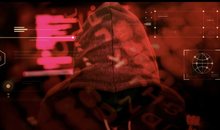
Kujdes nga mashtrimet online, si teknologjia nxit krimet financiare
2025-05-24 21:32:33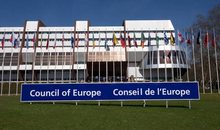
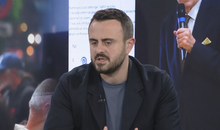
Opposition's denunciations, Xhaferri: We expect the US to listen to us
2025-05-24 20:48:06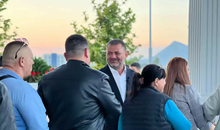
How did PSD "capture" over 50% of the votes in rural areas?
2025-05-24 20:29:54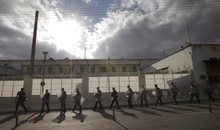
The Albanian woman with the s*x went to meet her husband in Koridalos prison
2025-05-24 20:09:15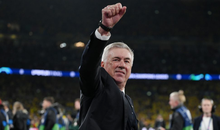
Ancelotti says goodbye to Real Madrid in tears: I love you with all my heart!
2025-05-24 19:49:08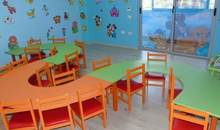
Poisoning in Gramsh, parents of children warn of protest
2025-05-24 19:21:36
Taulant Xhaka retires from football
2025-05-24 18:53:35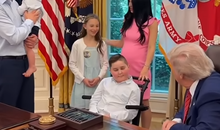
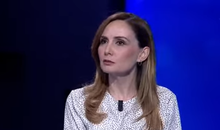
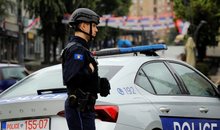
Incident in the north, Serbia issues arrest warrant for Kosovo police officer
2025-05-24 17:59:24
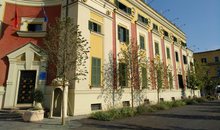
SPAK conducts inspections at Tirana Municipality, 5 phones seized
2025-05-24 17:19:23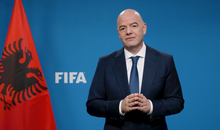
FIFA President congratulates Egnatia on the championship title
2025-05-24 17:00:15
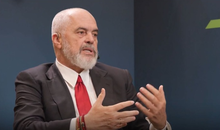
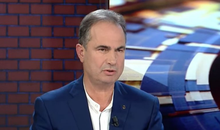
Boçi: The elections were annulled, the DP will continue the fight
2025-05-24 16:06:58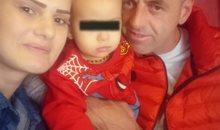
Man reports to police: Wife took my son and ran away, I'm asking for help
2025-05-24 15:45:55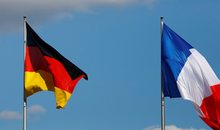
France and Germany with a "non-paper" for Republika Srpska
2025-05-24 15:29:29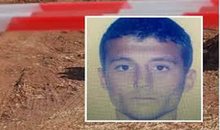

Beware of online scams! Here's how technology fuels financial crimes in Albania
2025-05-24 14:53:33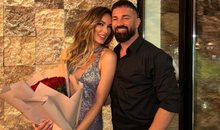
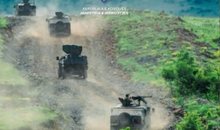
The US military "landed" in Kosovo as part of "Defender Europe 25"
2025-05-24 14:42:19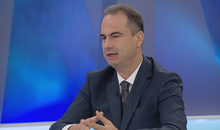
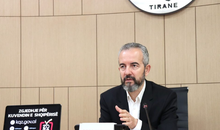
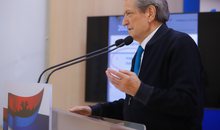
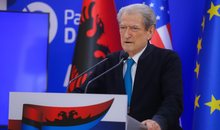
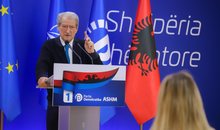
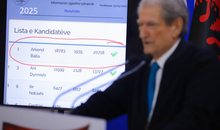
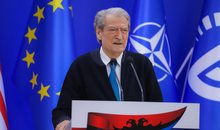
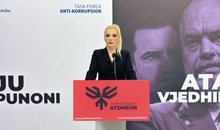
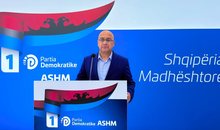
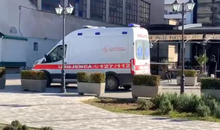
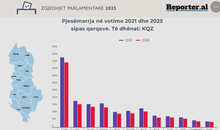
BIRN Analysis: Voters who were absent in the parliamentary elections
2025-05-24 11:19:40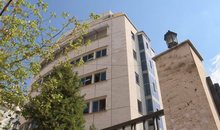
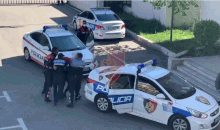
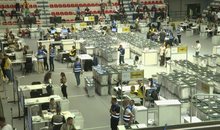
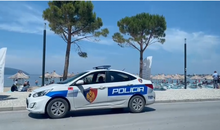
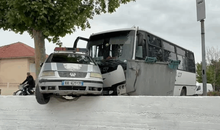
Bus collides with municipal police car in Fier, 6 injured
2025-05-24 09:25:01
Foreign exchange, May 24, 2025
2025-05-24 09:07:27
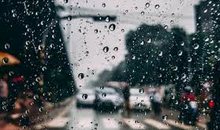
With rain and storms, get to know the weather forecast
2025-05-24 08:32:03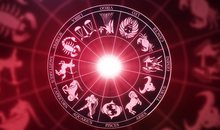
What do the stars have in store for you today?
2025-05-24 08:17:04
Morning Post/ In 2 lines: What mattered yesterday in Albania
2025-05-24 08:00:34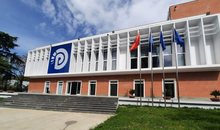
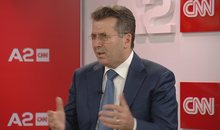
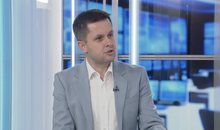
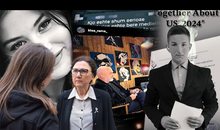
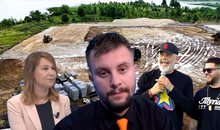
Tirana Lake Park, a campaign center for Noizy. The signatory is silent
2025-05-23 21:55:02
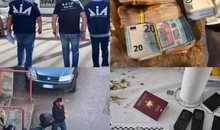
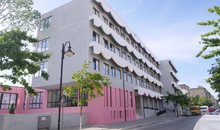
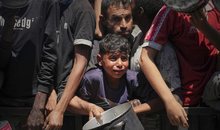
What's happening in Gaza, the struggle for survival in times of war in pictures
2025-05-23 21:02:54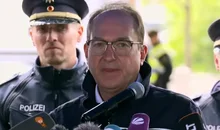
DW: Germany strengthens the return of illegal migrants!
2025-05-23 20:39:57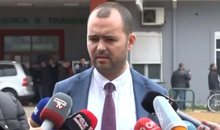
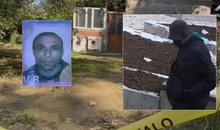
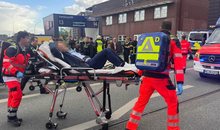
Knife attack at Hamburg train station, 12 injured
2025-05-23 19:54:58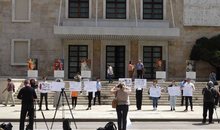
120 children go missing every year in Albania, 12 still missing in 30 years
2025-05-23 19:35:35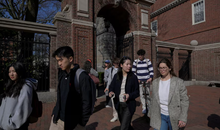
US court suspends order banning Harvard from admitting foreign students
2025-05-23 19:22:41
Zodiac signs that become luckiest after the third decade of life
2025-05-23 19:19:06
Igli Tare officially appointed as Milan's new Sporting Director
2025-05-23 19:01:12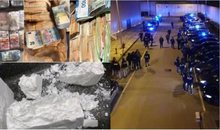
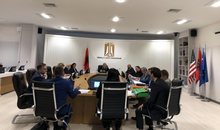
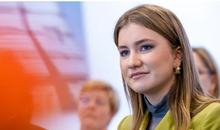
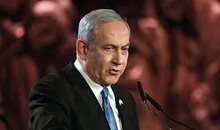

Istanbul Agreement, Ukraine and Russia exchange 800 prisoners
2025-05-23 17:54:20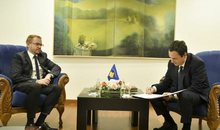

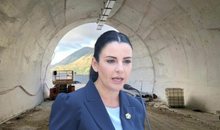
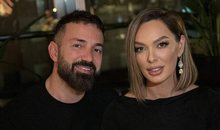
Belina Pupa reacts to serious accusations in Australia for drug cultivation
2025-05-23 16:59:55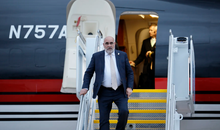
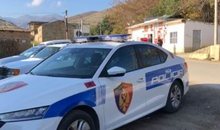

The Llogara tunnel opens tomorrow, until when will it be free of charge?
2025-05-23 16:09:31
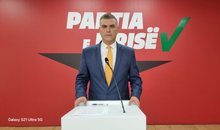
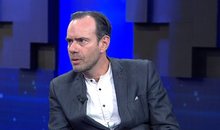

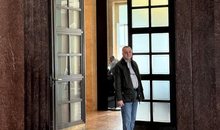
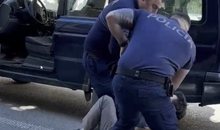
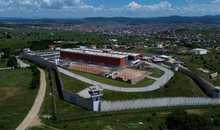
The first prisoners from Denmark are expected to arrive in Kosovo in April 2027.
2025-05-23 14:51:26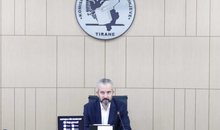
May 11/ Celibashi approves the summary tables of results for 4 districts
2025-05-23 14:50:04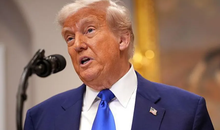
Trump threatens tariffs on EU goods and iPhones
2025-05-23 14:39:47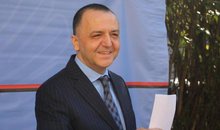
Artan Lame passes away, his mother confirms: This cursed moment came
2025-05-23 14:26:48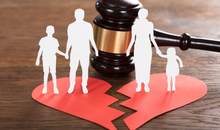
Divorce map in 61 municipalities, the South far ahead of the North
2025-05-23 14:15:16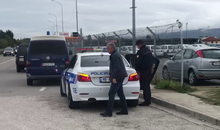
2-year-old Dutch boy falls from third floor of Rinas hotel, taken to hospital
2025-05-23 14:01:40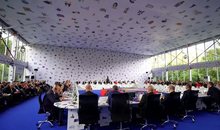
Europeans, you have slandered us.
2025-05-23 13:54:00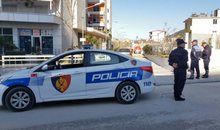
Vlora/ He hit the minor and fled the scene, the 27-year-old woman is wanted
2025-05-23 13:41:24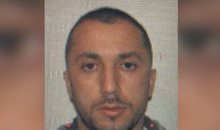
Arrested today in Lalëz, who is Flobens Meçja, was paid by Çopja to kill Alibej
2025-05-23 13:33:43
Here's how many hours you should sleep depending on your age
2025-05-23 13:32:16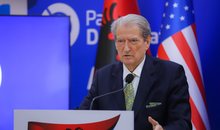
Berisha reveals when he will leave politics
2025-05-23 13:12:15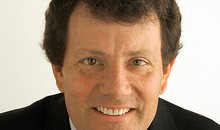
Three proven ways to dismantle an autocrat
2025-05-23 13:03:16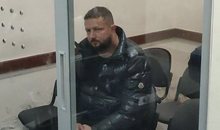
"The goods are 800-cents", how Altin Morina trained RENEA and made bargains
2025-05-23 12:59:07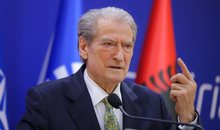
Berisha: Poja was Rama's guest, Surreli was used for gang meetings
2025-05-23 12:49:22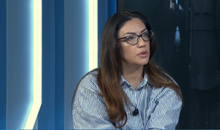
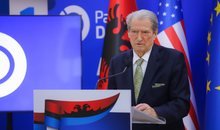

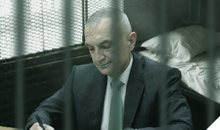
Meta: The criminal regime destroyed the elections, a threat to democracy
2025-05-23 12:16:48